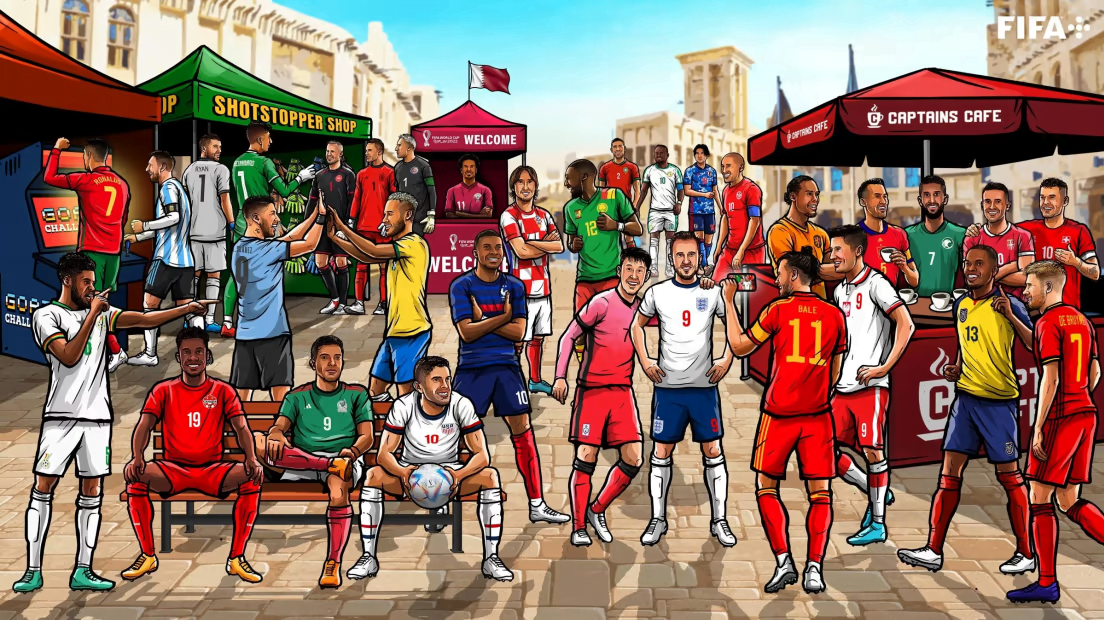The FIFA World Cup is the most important sporting event in the world. A true global spectacle, the FIFA World Cup is always accessible to everyone.
To get a better understanding of this massive event, we’ve compiled 10 interesting facts about the FIFA World Cup. From its roots as a small football event to its current global appeal and economic impact, read on to get an in-depth look at the amazing story behind the biggest sporting event of the planet.
Beginnings
The FIFA World Cup was inspired by a small football tournament. The idea for a football tournament was first discussed at the conference of the International Football Association Board in July 1924. At the conference, FIFA president Jules Rimet was asked to oversee the execution of the event. However, the first FIFA World Cup was not held until 1930. The first World Cup tournament was held in Uruguay, hosted by the Uruguayan Football Association. The final match pitted Uruguay against Argentina. Though the host team did not win, the success of the event was enough to inspire the creation of the World Cup trophy.


Every 4 years, football fans from all over the world unite at the FIFA World Cup.
The FIFA World Cup is a great example of how different cultures come together. Held every 4 years, the World Cup is the biggest sporting event on the planet. Its popularity is due in part to its accessibility. As the official sport of the entire world, football is played in almost every country. With varying degrees of skill, fans of the sport can find an example of their own. For the best example of this accessibility, look no further than the 2014 World Cup. Held in Brazil, the event was the first to feature all-time high ticket sales. With matches also broadcasted in over 200 countries, the total amount of viewers was 3 billion.
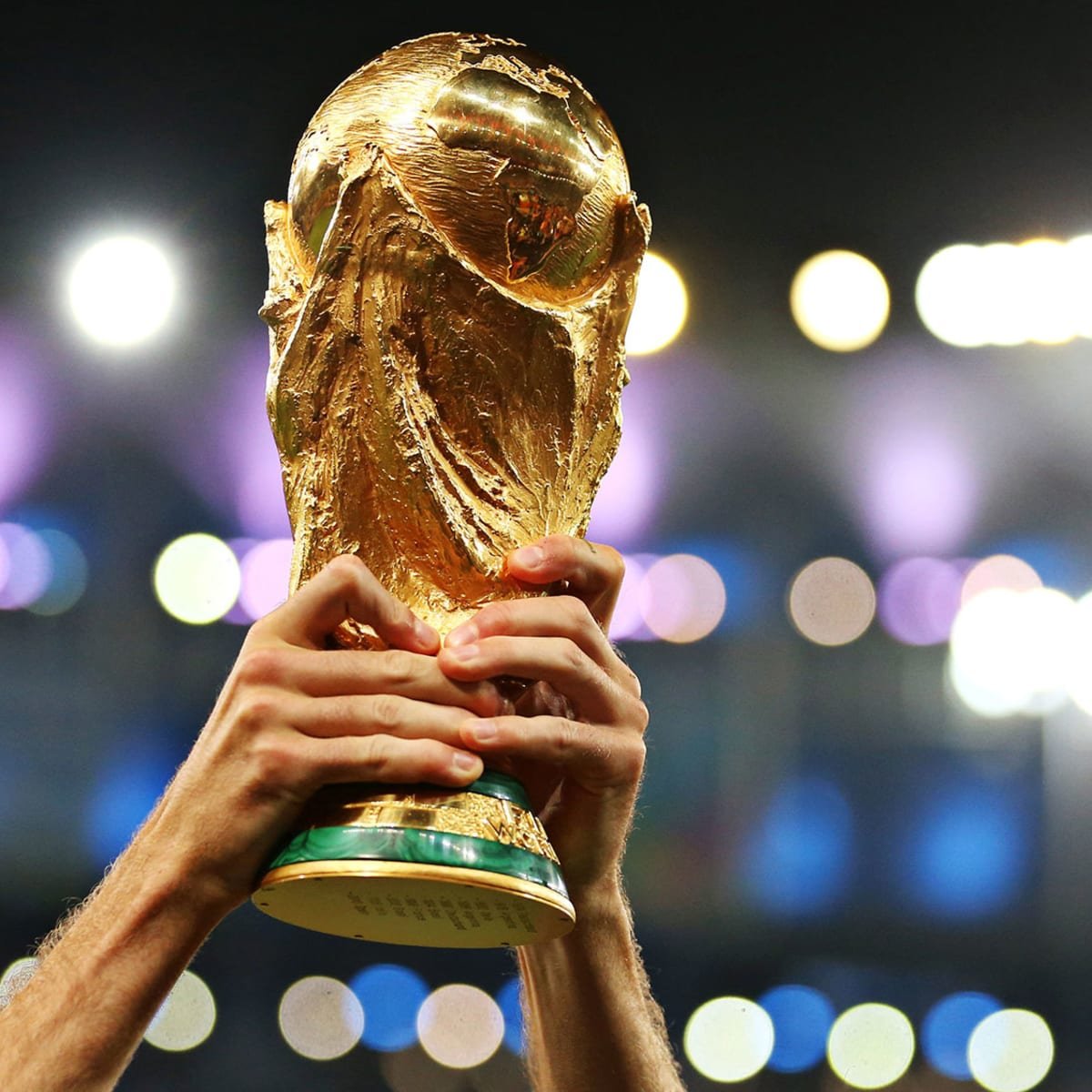
Multiple FIFA World Cup Holders
Brazil is the only team to have won the FIFA World Cup 5 times, while Italy and Germany have won the tournament 4 times. Other multiple winners are Argentina, Uruguay and France with 2 titles each. There have also been some teams that have lost the final match of the tournament while having won the tournament before. The best example is Germany, which has lost the final match of the tournament 4 times since 1966.
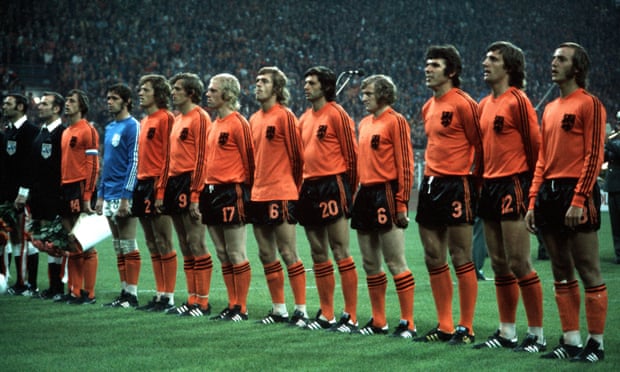
Total Football
Known as Dutch Total Football, the Dutch football team emerged as one of the most dominant teams in World Cup history in the 1970s. Led by greats such as Johan Cruyff, the team’s most dominant years were from 1974 to 1978. The team’s greatest accomplishment was finishing as runner-up in the 1974 World Cup, losing to West Germany in the final. The team played an attacking, fluid style that was effective both at scoring and preventing goals. The Dutch teams were also notable for their mentality; they were consistently underestimated by their opponents. While the team’s dominance has faded, many teams still play a similar style.
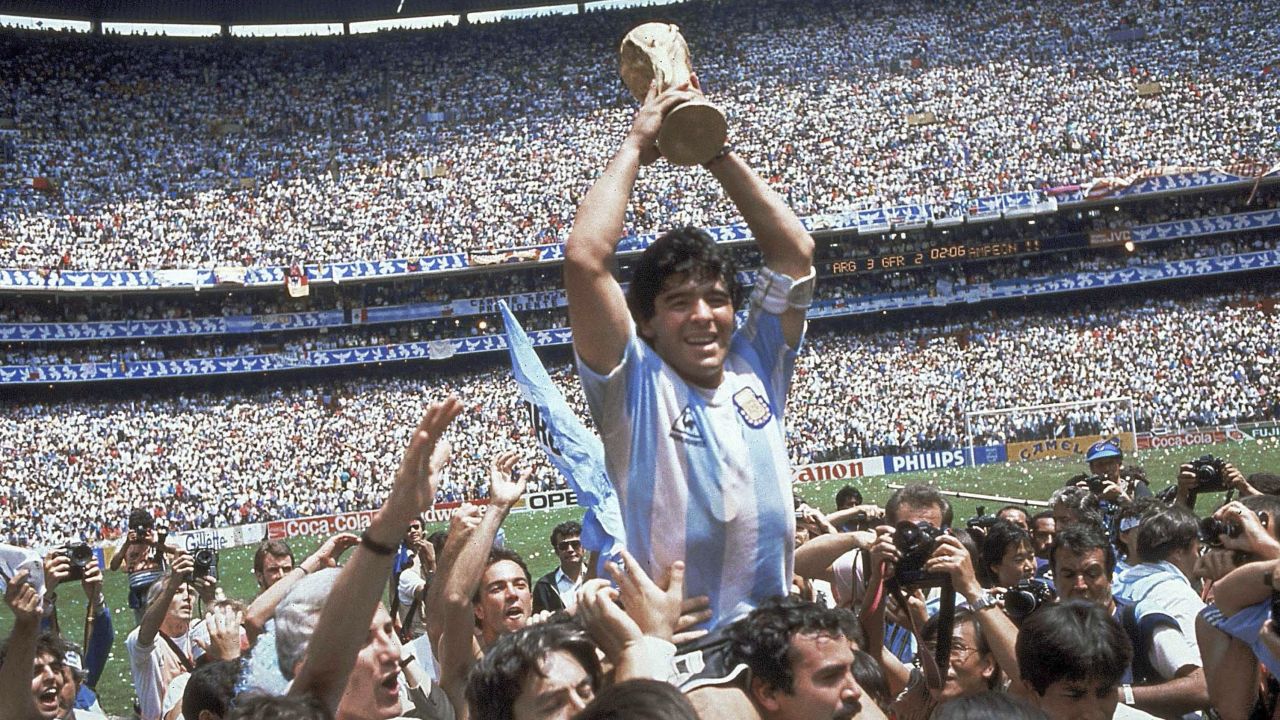
Maradona
Diego Maradona is one of the best football players in the history of the game. His playing style was characterized by aggression and frenzied movement. Maradona was also known for his skillful dribbling and passing. He is often credited with being one of the founders of a new style of play in which the player is no longer a mere passer of the ball but a creative individual who can invent unexpected and spectacular goals while in full movement with the ball. Maradona was captain of the Argentine team that won the FIFA World Cup in 1986. During this tournament, his performance was particularly outstanding as he helped his team win 2–1 against England in the quarterfinals, and 2-0 against Belgium in the semi-finals scoring both goals in both matches during the first 15 minutes of the second half, before carrying on to win the tournament after a 3–2 win against West Germany in the final.

Brazil 1970
The Brazil team of 1970 was one of the most talented teams ever to compete in the FIFA World Cup. With players such as Pelé and Jairzinho, the Brazilian team won the tournament in impressive fashion. The team is also noted for using the “Brazilian shuffle”, a type of moving tie that confused and distracted the opposing teams. The Brazilian team of 1970 is often regarded as the best team in the history of the World Cup. After winning in 1970, Brazil received the Jules Rimet Trophy permanently. The cup was stolen in 1983 from its home at the Rio de Janeiro headquarters of the Brazilian Football Association. It is believed that due to its weight of solid gold (3 kg) it was melted down.

Golden Goal Rule
Although North American professional association football leagues began using the golden goal system in the 1970s, FIFA established the phrase “golden goal” along with the rule change in 1993 since the alternate term, “sudden death,” was thought to have bad associations. In a knockout competition, two fifteen-minute overtime sessions are played after a draw. The game finishes immediately and the side that scored first is declared the winner if either team scores during extra time. The “golden goal” is the name for the winning goal. If there are still no goals after both periods of extra time, the game is decided by a penalty shootout. Individual tournaments employing extra time could decide whether to use the golden goal during that period or not. The first World Cup which adopted the golden goal rule was the one of 1998, while both the first MLS Cup and the first European Championship were played under the new regulation in 1996.
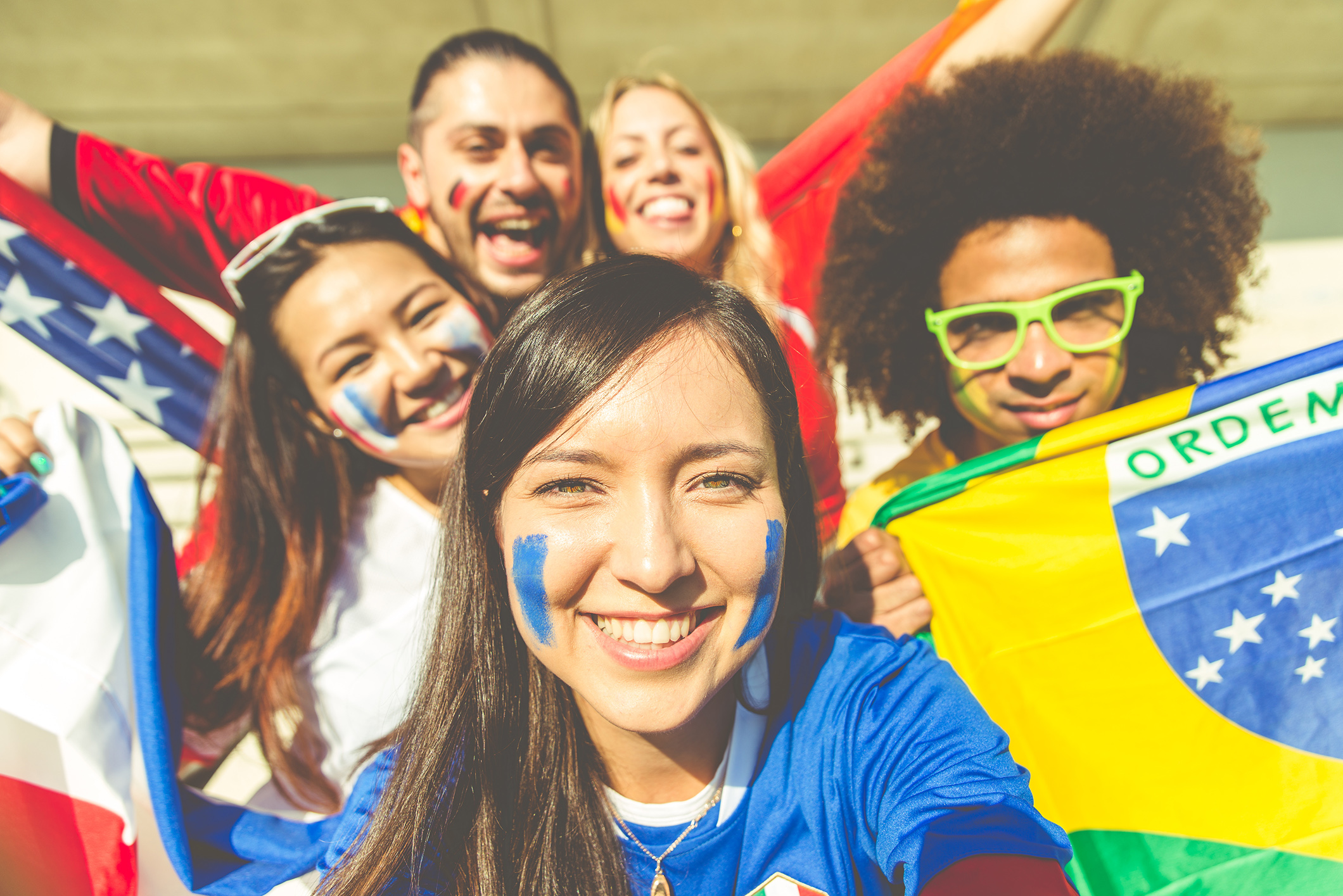
Cultural phenomena are directly linked with the FIFA World Cup
The FIFA World Cup is more than just a sporting event. It is a cultural phenomenon, with different phenomena linked to it. Sporting Rituals, the impact on languages and cultures, economic and political impact, media coverage, and merchandise sales. Sporting Rituals are the rituals and habits adopted by fans during the tournament. These habits and rituals can include everything from dressing up in team colours to eating specific foods and watching specific matches. While some rituals are adopted at every tournament, others are unique to specific hosts. The cultural and social impact of the FIFA World Cup goes beyond the stadiums. The tournament engages more than just the fans. It engages local and national governments, businesses, and media outlets.

The FIFA World Cup is the most important sporting event in the world. Held every 4 years, the tournament brings fans together from all over the world to celebrate the game of football. The tournament is the most watched sporting event in the world, with an estimated 3 billion people watching the event.
Let’s see what this year has in store. See you at FIFA World Cup Qatar 2022!!
